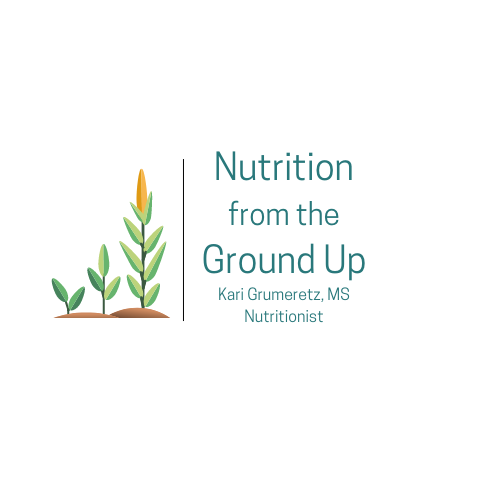In today’s fast-paced world, where time is often a luxury and convenience outweighs conscious nutrition, many individuals turn to dietary supplements as a shortcut to good health. While supplements do have their place in certain circumstances, they should not be seen as a replacement for a well-rounded, nutrition-rich diet. The key to optimal health and well-being lies not in a pill, but in the beautiful and colorful array of whole foods that nature provides.
While supplements can provide isolated vitamins and minerals, they often lack the synergistic combination of nutrients found in whole foods. Fruits, vegetables, whole grains, lean proteins, and healthy fats offer a complex mix of vitamins, minerals, fiber, antioxidants and phytochemicals that work together to promote absorption and overall health. The superstar nutrient fiber, abundant in plant-based foods, aids in digestion, supports a healthy gut microbiome, and helps regulate blood sugar levels and cholesterol.
Here are a few tips from Kari Grumeretz to help you get started with a Whole Foods diet.
- Educate yourself: Learn about the essential nutrients each food group offers and how they contribute to your overall health.
- Create: Design a balanced meal plan that includes a variety of whole foods, from fruits and vegetables to lean proteins and whole grains.
- Explore new foods: Be adventurous, experiment with new ingredients and recipes to keep your meals exciting and flavorful.
Still need help? We have you covered. Contact our nutritionist Kari Grumeretz to help with meal planning and create habits to achieve your goals. Check her out on our website under “Services”.


